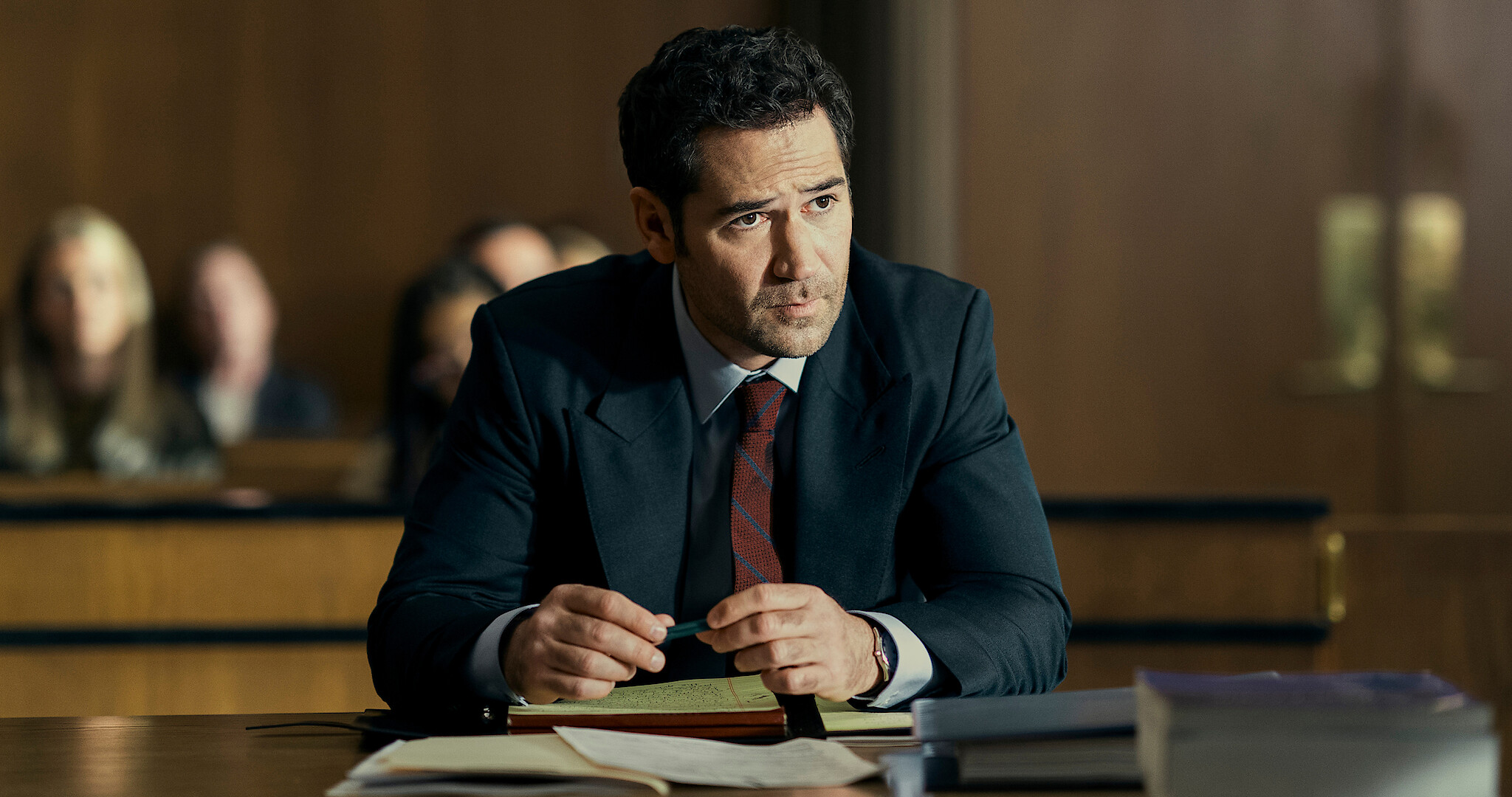The landscape of legal services is as diverse as it is intricate, encompassing a wide array of assistance from civil legal aid to complex legal representation. This comprehensive guide aims to demystify the realm of legal assistance, highlighting the pivotal role of legal aid organizations, the variety of services offered, and the significant impact these services have on upholding legal rights and resolving disputes. Additionally, for students and professionals in the legal field who are also navigating the challenges of technology-related coursework, finding best essay services reviews can be just as crucial. This intersection of legal expertise and technical skill underscores the evolving nature of legal studies, where understanding programming can enhance the analysis and application of legal services in today’s digital world.In a country where millions navigate legal challenges, from family law to economic justice, understanding the available resources and how to access them is crucial. This exploration not only unveils the complexities of services but also serves as a beacon for those seeking legal help, ensuring justice is accessible to all, regardless of their economic status.

The Role of Legal Aid Organizations in Providing Access to Justice
Legal aid organizations are fundamental in bridging the gap between services and those who need them most. These organizations, often funded by a combination of public and private funding, offer a range of services to individuals and families facing legal issues. They not only provide direct legal help but also work towards broader goals of economic justice and community stability. Legal aid lawyers and staff dedicate their careers to serving clients who might otherwise be left voiceless in the legal system. They navigate complex legal landscapes to ensure that the rights of tenants, parents, and other vulnerable groups are protected. In many instances, these organizations become a lifeline for those who are struggling with legal challenges that affect their life, safety, and security. APA PaperWriter provides expert writing services for topics related to legal fields, including Legal Services. This service offers well-researched and accurately formatted APA papers that explore various aspects of legal services, from accessibility and technology integration to the impact on clients and legal outcomes. APA PaperWriter ensures that each paper is comprehensive and adheres to academic standards, making it a reliable resource for legal studies.
Understanding Civil Legal Aid: A Key Component of Legal Services
Civil legal aid is a cornerstone of legal assistance, particularly for low-income people who face legal issues but lack the resources to navigate the legal system. This form of aid encompasses a variety of services, including advice, representation, and advocacy in civil matters. From dealing with housing issues and public benefits like food stamps to addressing family law concerns and domestic violence, civil legal aid plays a critical role. It ensures that individuals and families, especially those from vulnerable communities, have access to justice. Civil legal aid is not just about providing services, it’s about promoting fairness in the justice system, ensuring that everyone, regardless of their financial situation, has the opportunity to be heard and defend their legal rights.

Different Types of Legal Services: From Advice to Representation
Legal services are not one-size-fits-all, they vary significantly based on the needs of the clients. Some may require simple legal advice, while others need full legal representation in court. The spectrum of services offered by legal aid organizations and private attorneys can include consultation, document preparation, negotiation with opposing parties, and court representation. Specialized services also exist for specific groups, such as veterans, the elderly, students, and families. Understanding the different types of services available is essential for individuals seeking legal help, as it allows them to find the most suitable assistance for their unique legal issues.
The Importance of Legal Services in Upholding Rights and Resolving Disputes
Legal services play a vital role in upholding legal rights and resolving disputes, serving as the backbone of a fair justice system. They provide a means for individuals to assert their rights, whether it’s in cases of debt collection, securing public benefits, or ensuring family stability. Legal assistance helps maintain social order by providing a structured way to address grievances and conflicts. For many, access to services can mean the difference between losing and maintaining their housing, getting deserved benefits, or ensuring their safety from domestic violence. By resolving these disputes, services not only help individuals but also contribute to the overall health and stability of the community.

How Civil Legal Aid Supports Vulnerable and Low-Income Individuals
Civil legal aid is particularly crucial for vulnerable and low-income individuals who face significant barriers in accessing justice. These services level the playing field by providing free or low-cost legal assistance, ensuring that financial constraints do not hinder one’s ability to seek justice. Civil legal aid organizations focus on a range of issues that disproportionately affect low-income communities, including housing, healthcare, employment, and family matters. By addressing these legal needs, civil legal aid helps individuals and families achieve stability and security in their lives. It also plays a critical role in combating systemic issues like poverty and inequality, providing a pathway to economic justice for millions across the nation.
Navigating Legal Aid Organizations: Finding the Right Help for Your Case
Finding the right legal help can be a daunting task, especially for those unfamiliar with the legal system. Navigating legal aid organizations requires an understanding of the services they offer and how they align with one’s legal needs. Most legal aid organizations have specific eligibility criteria, often based on income, legal issue, and geographic location. It’s important for potential clients to research and contact these organizations to understand their services and eligibility requirements. Many legal aid organizations also collaborate with community groups and social services, making them a valuable resource for referrals and additional support. For those seeking legal assistance, reaching out to local legal aid offices is a crucial first step in addressing their legal issues.

Collaborative Efforts of LCJC and Attorneys in Assisting Victims of Hurricanes Irma and Maria
The collaborative efforts of the Legal Clinic for Justice (LCJC) and various attorneys in assisting victims of Hurricanes Irma and Maria highlight the importance of legal services in times of crisis. These natural disasters left many residents facing legal challenges related to property damage, insurance claims, and federal aid. The LCJC, along with a network of dedicated attorneys, stepped in to provide essential legal assistance to affected individuals and families. This collaboration not only helped victims navigate the complex legalities arising from the hurricanes but also ensured that their rights were protected. This response underscores the vital role that legal services play in providing stability and support to communities during times of disaster and recovery.
The Future of Legal Services: Trends and Innovations in Legal Aid Assistance
The future of legal services is marked by trends and innovations that aim to expand access to legal aid assistance. Technological advancements, such as online legal resources and virtual consultations, are making legal help more accessible, especially for those in remote or underserved areas. There’s also a growing recognition of the need for more holistic and interdisciplinary approaches to legal aid, which include integrating social and human services with legal assistance. Additionally, there’s an ongoing push for increased funding and policy reforms to strengthen the legal aid system. These innovations and trends are shaping a future where legal services are more inclusive, effective, and accessible to all, regardless of their economic status or geographic location.
